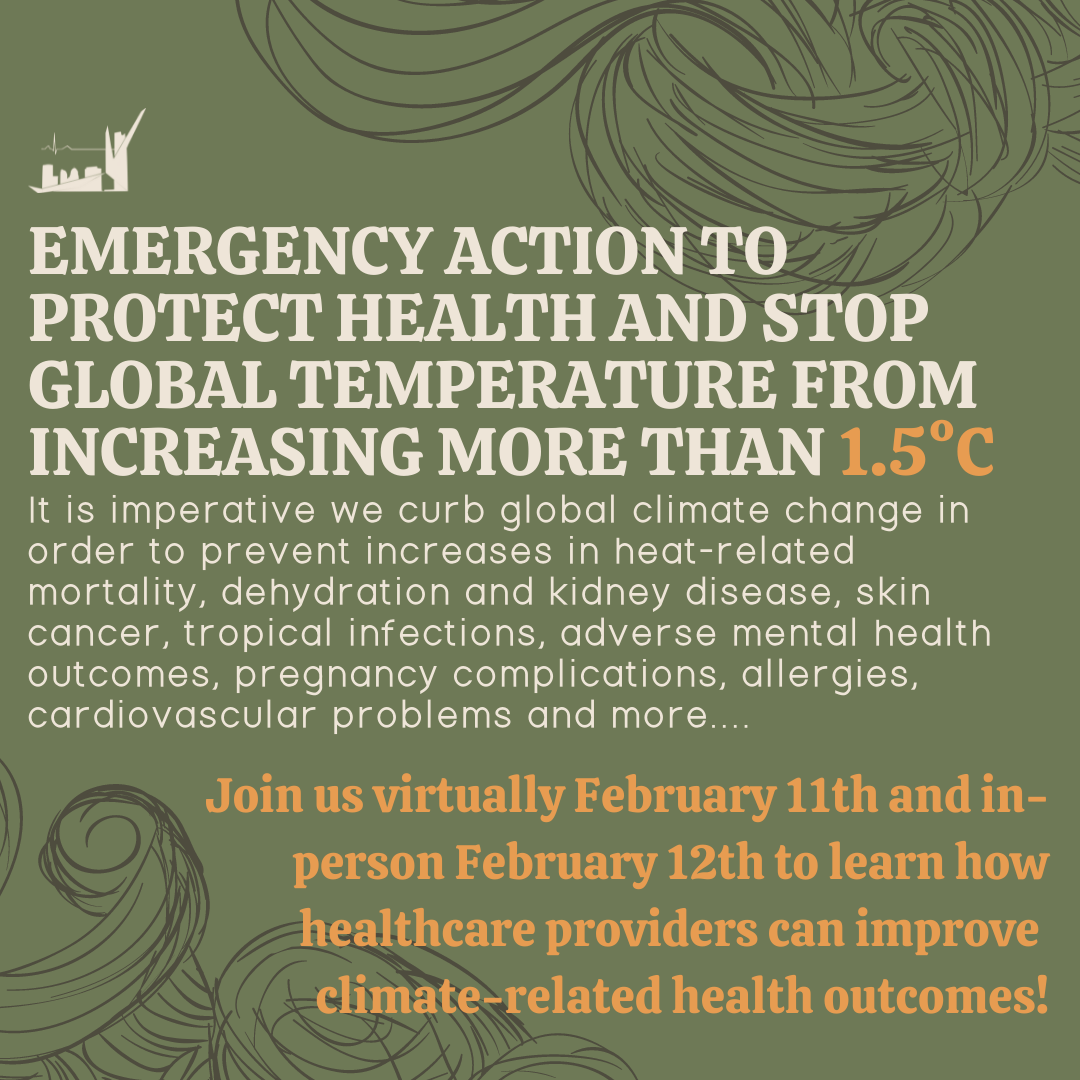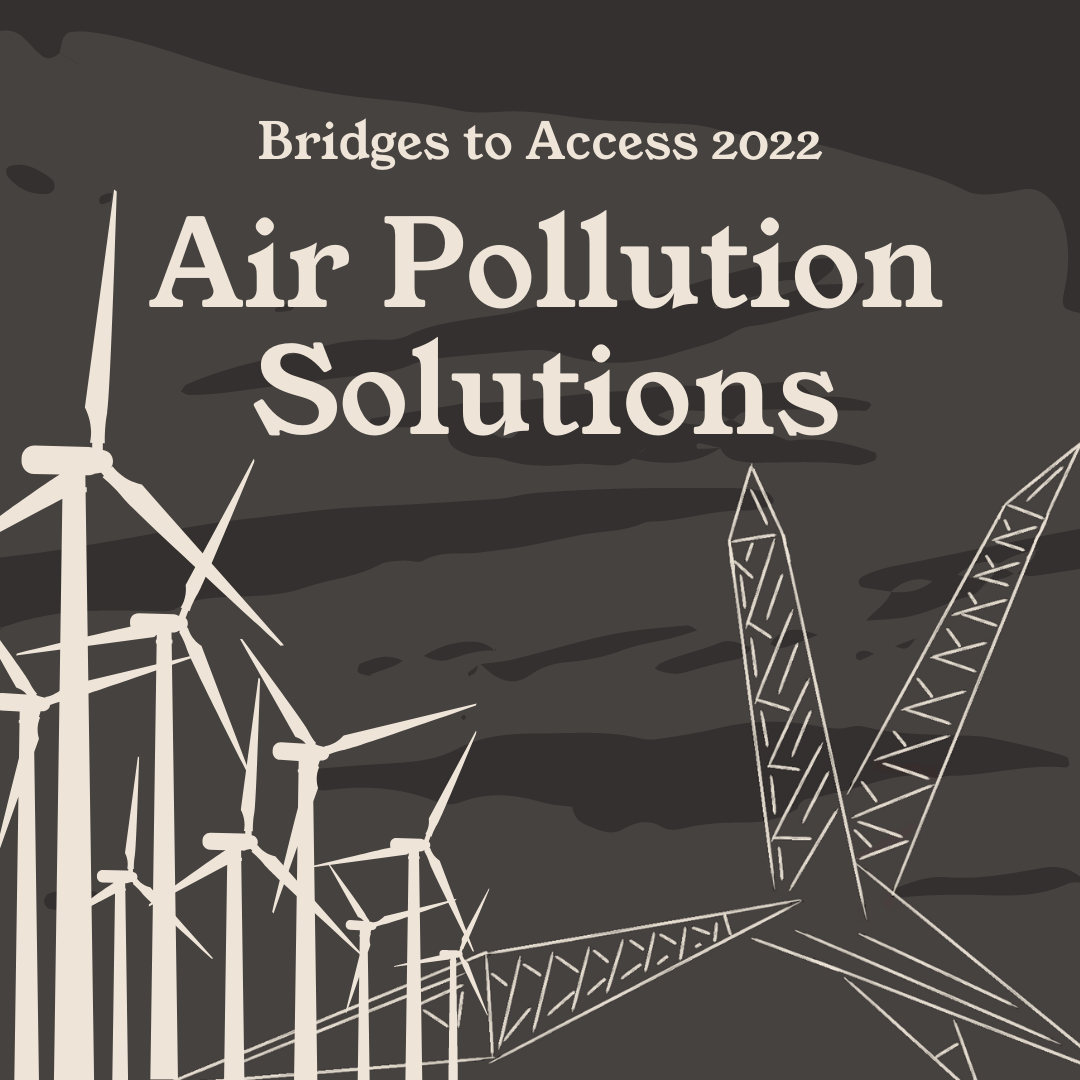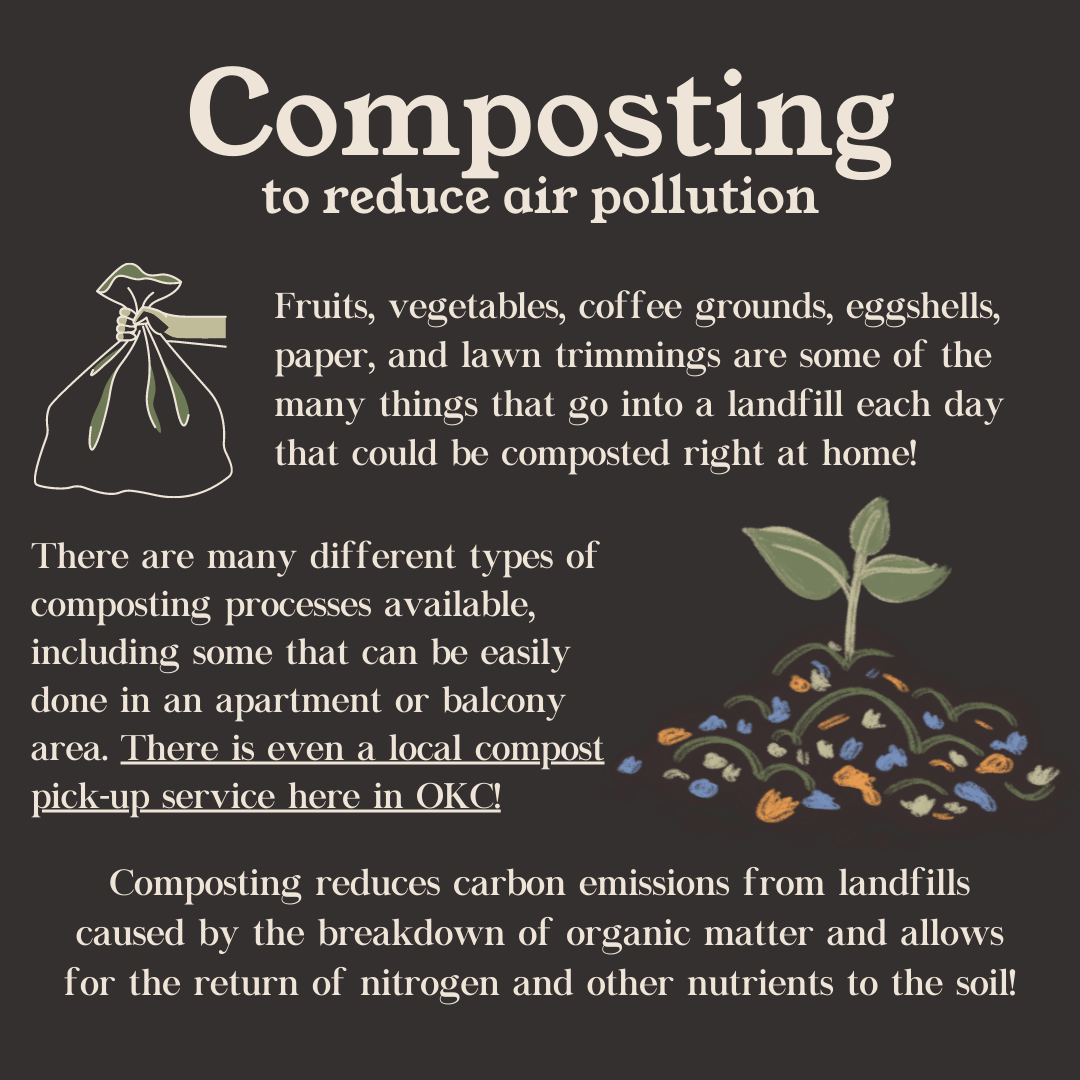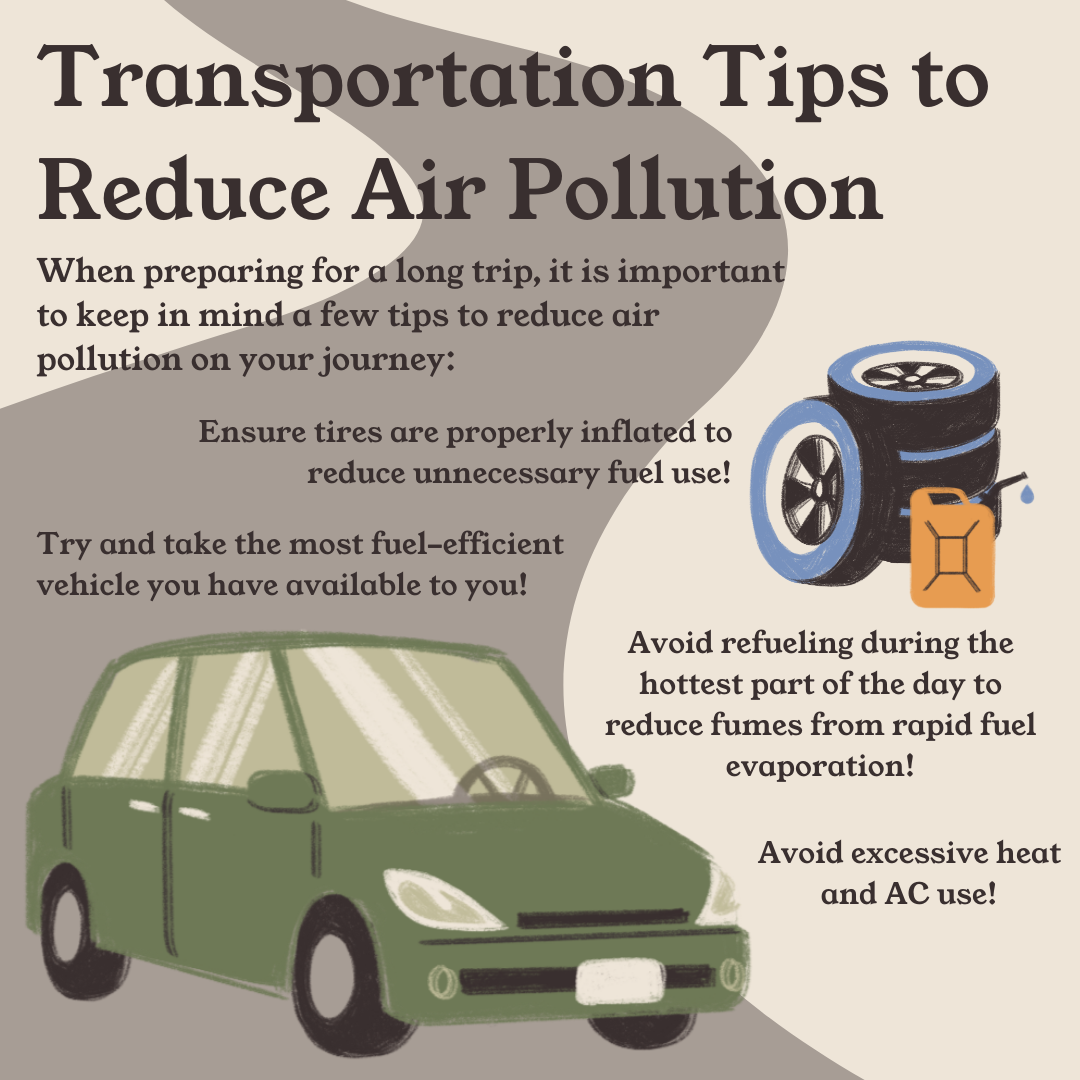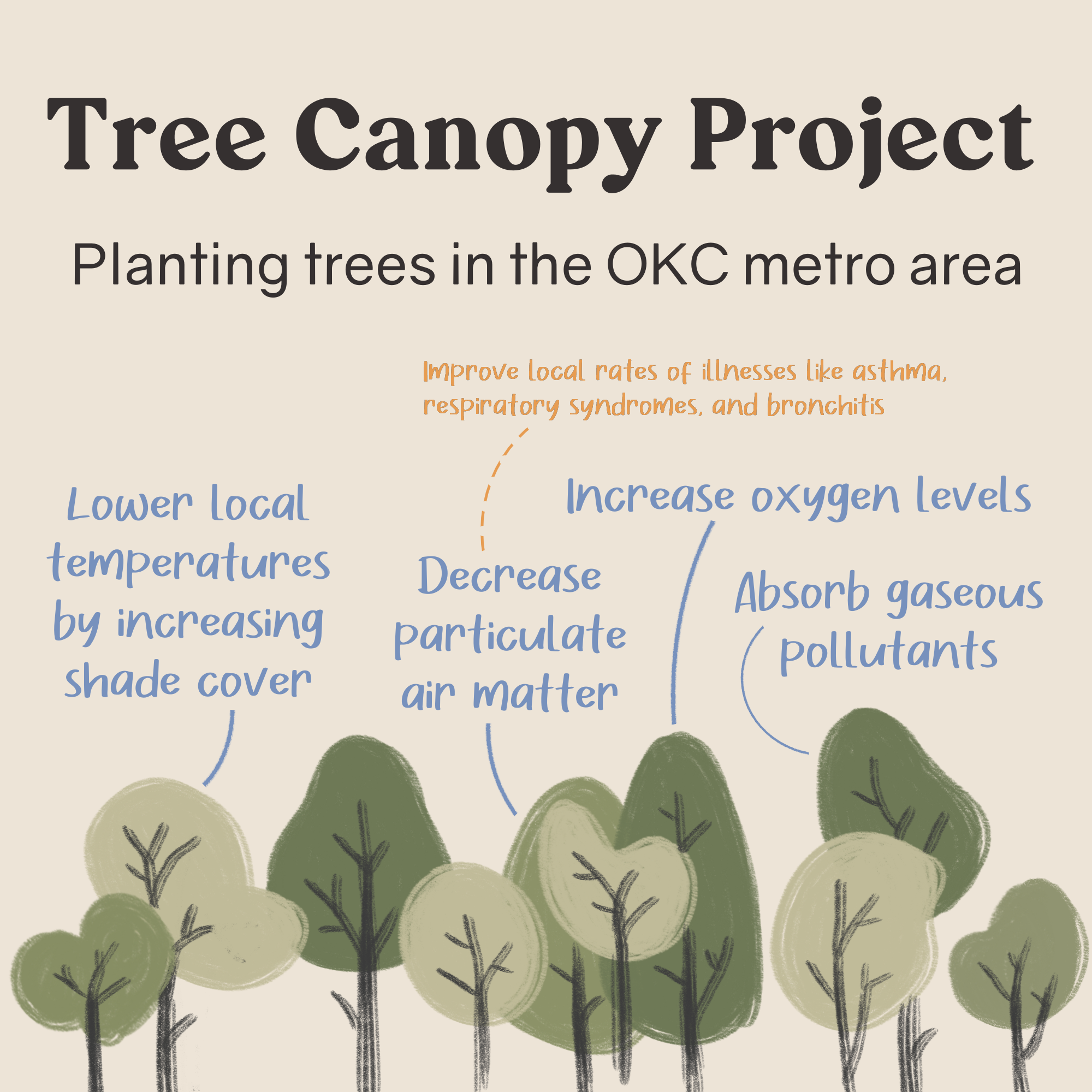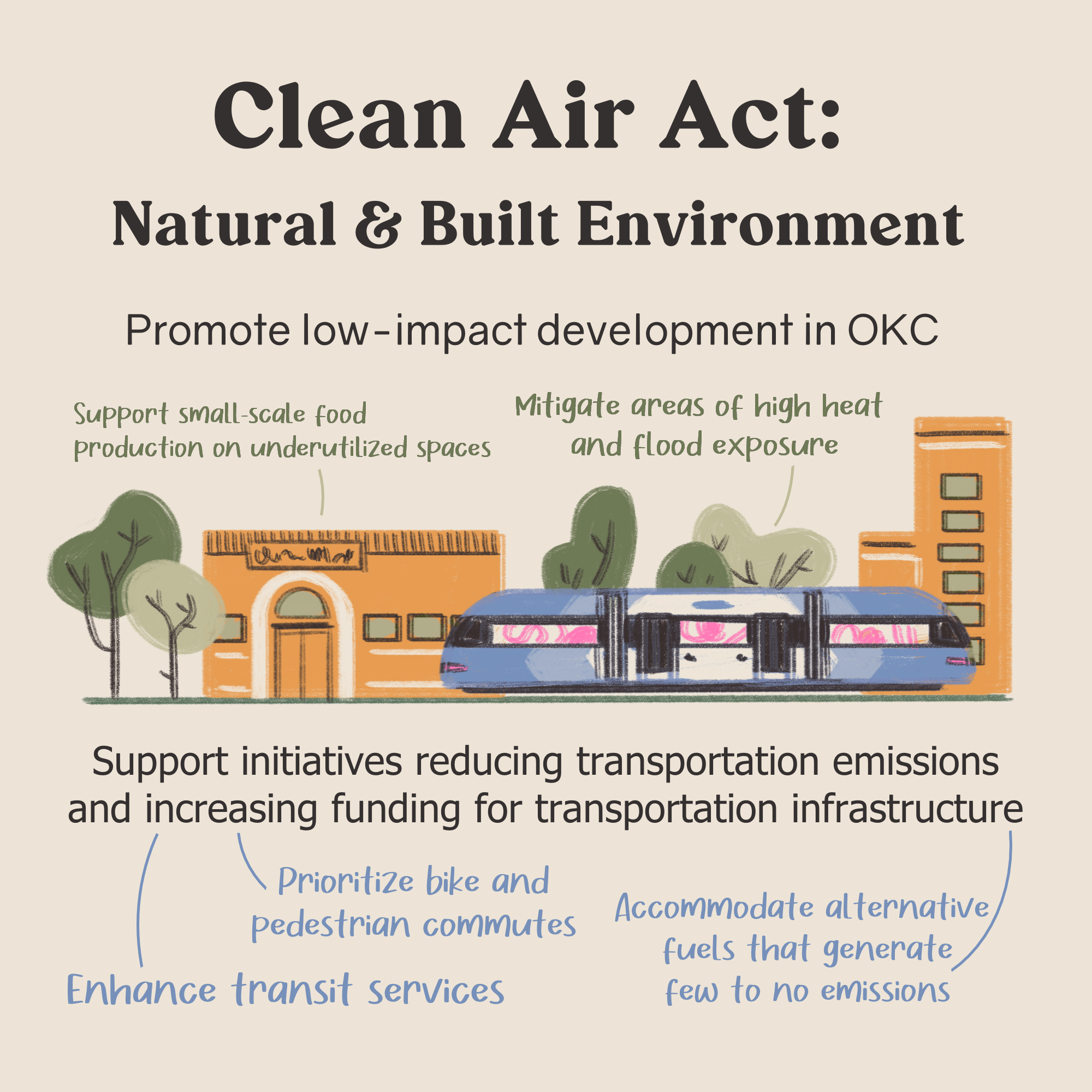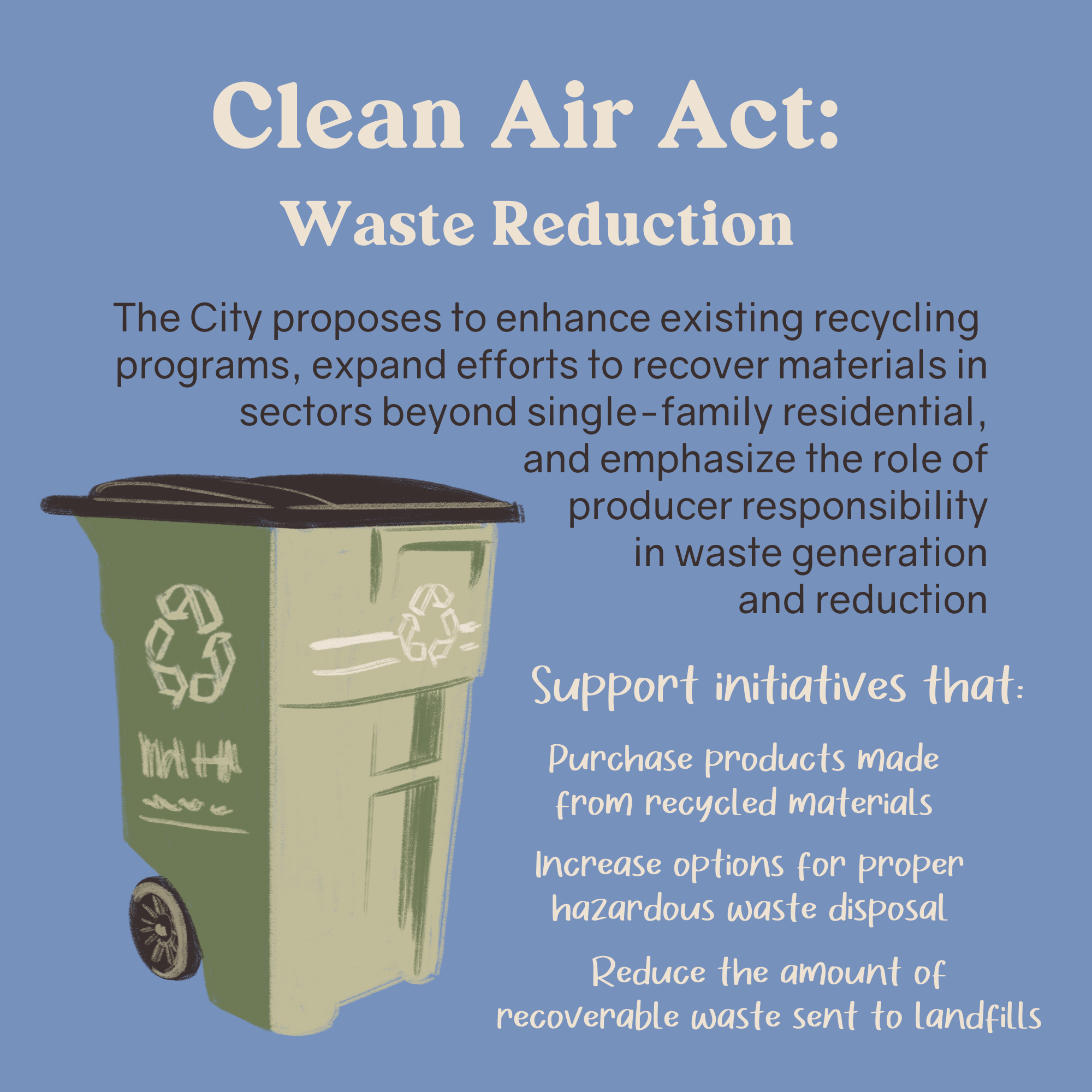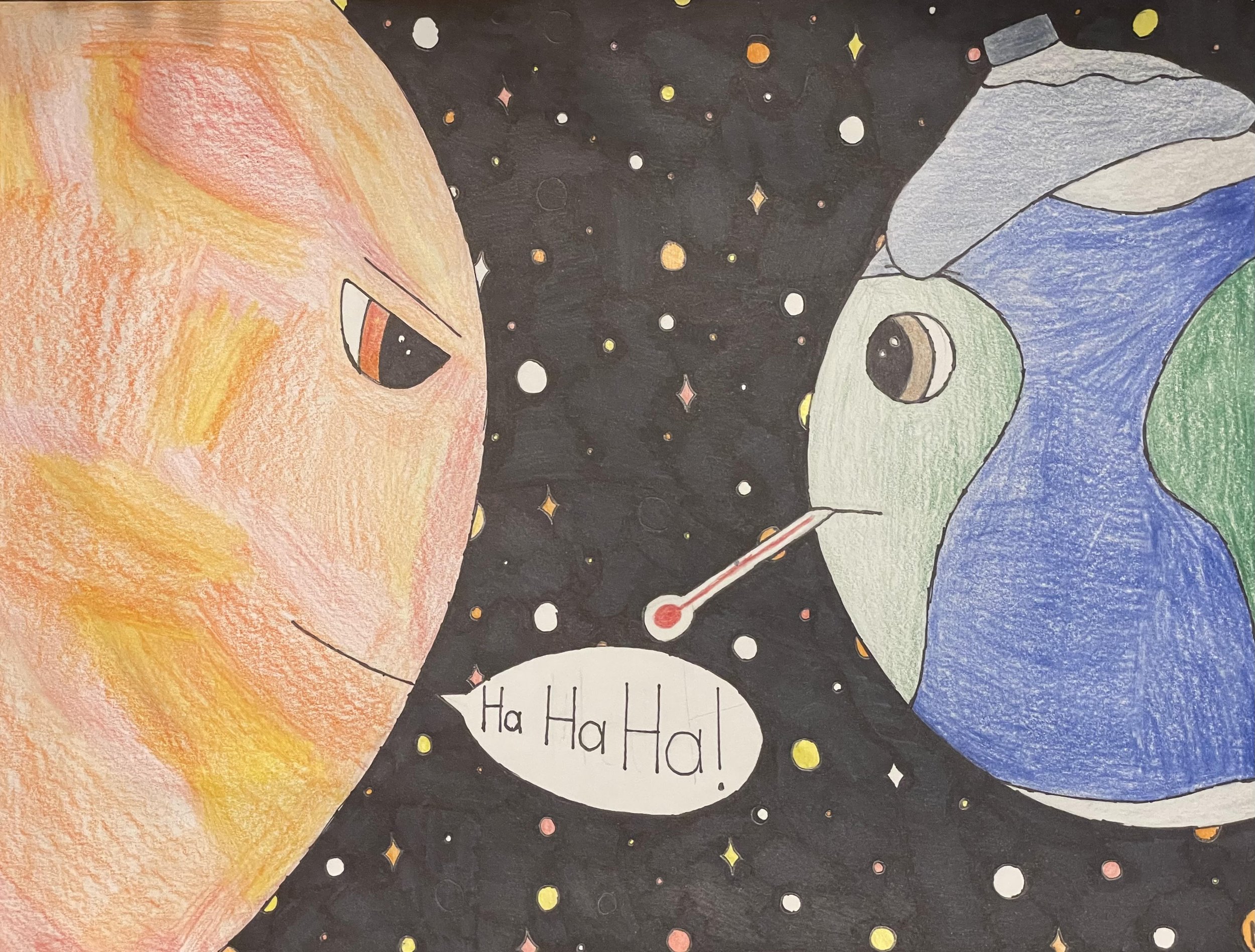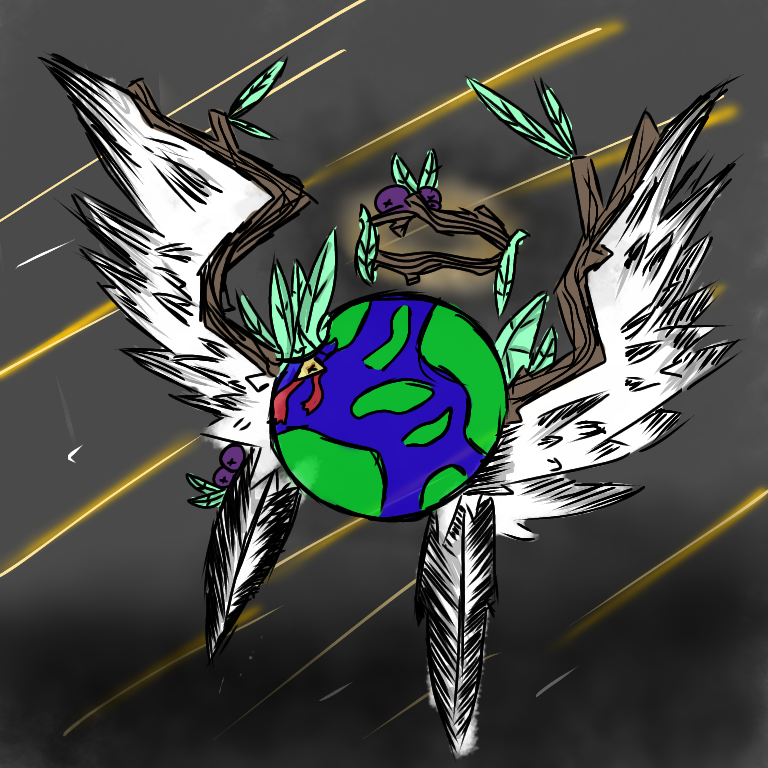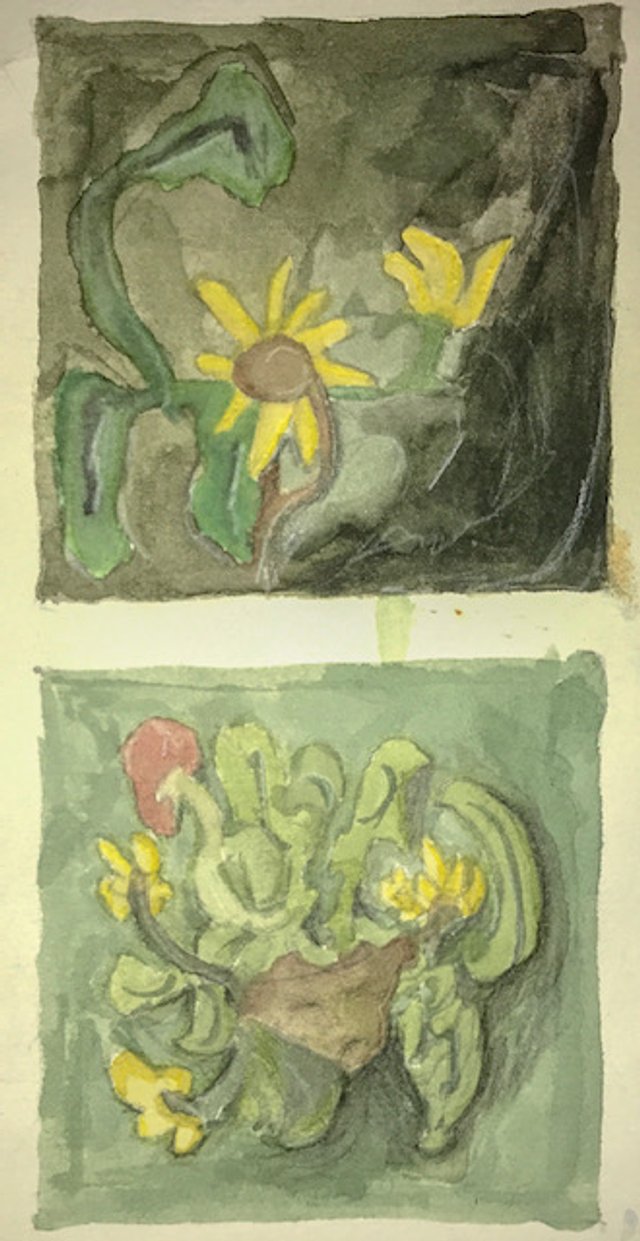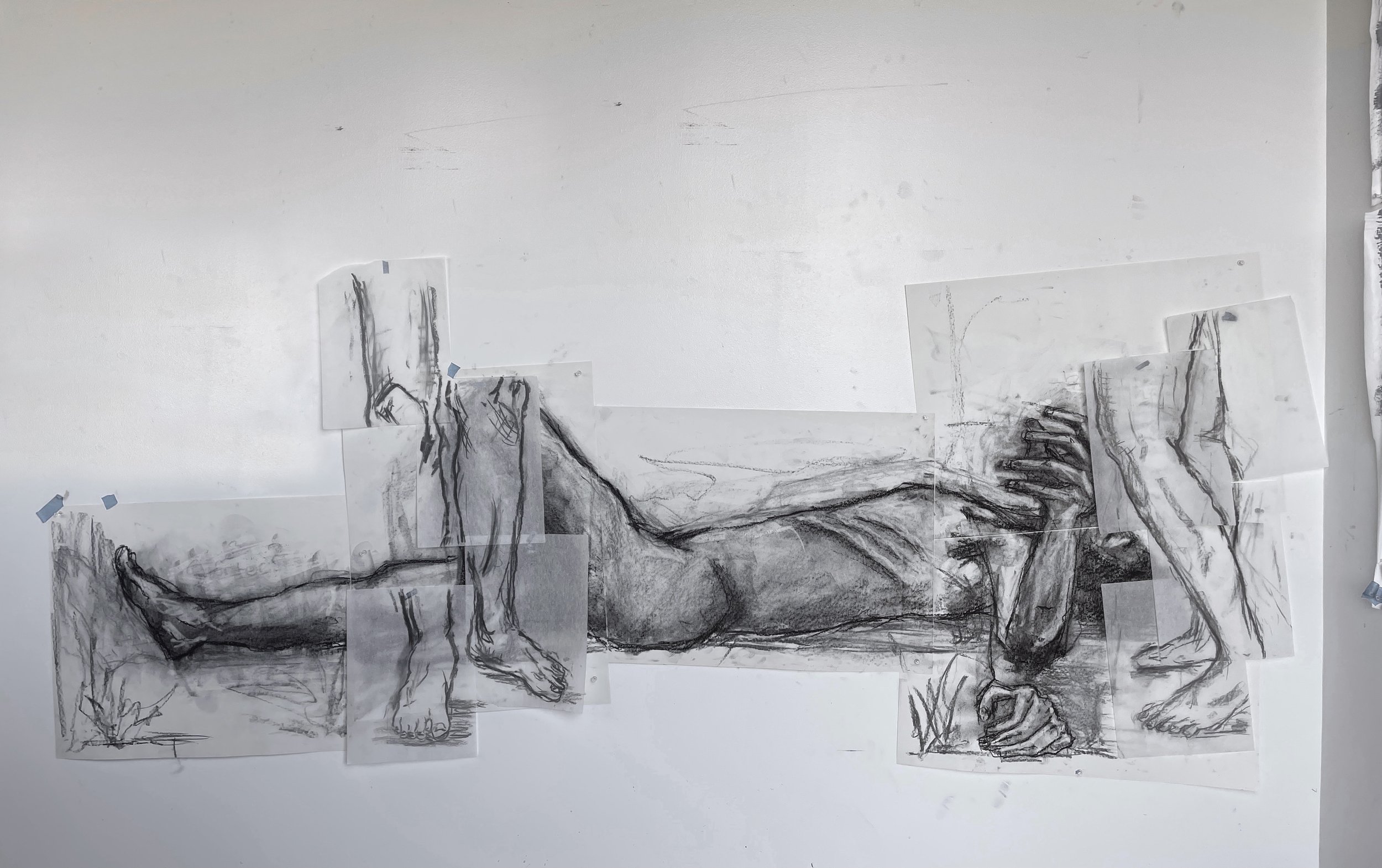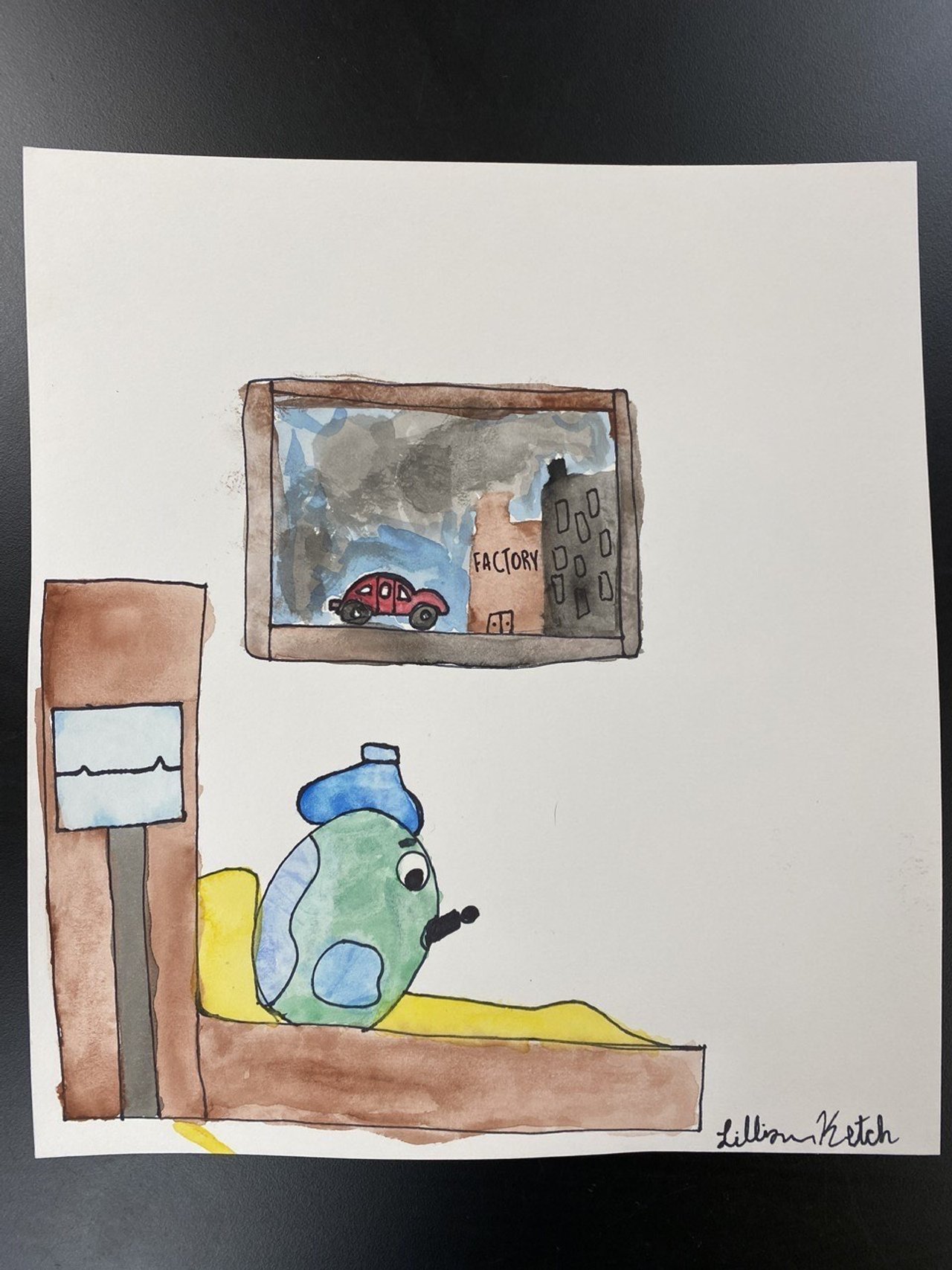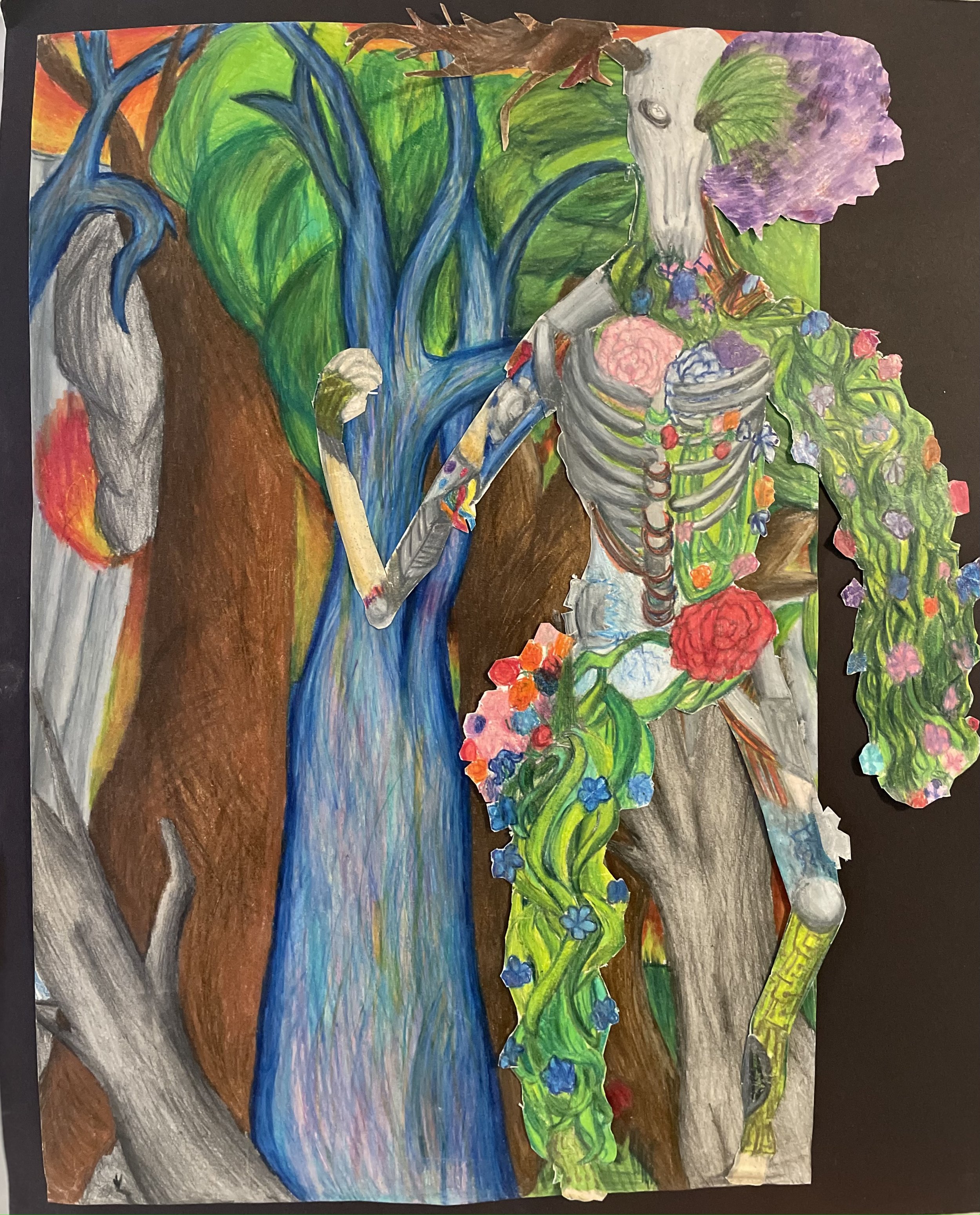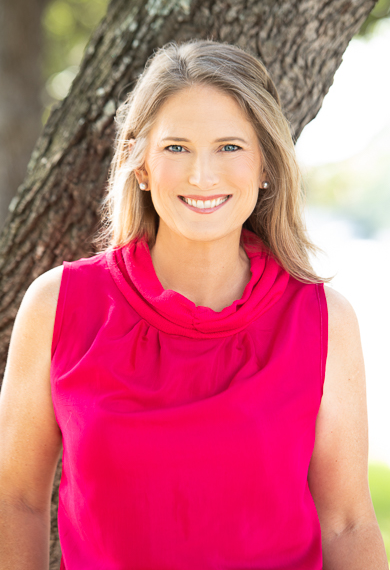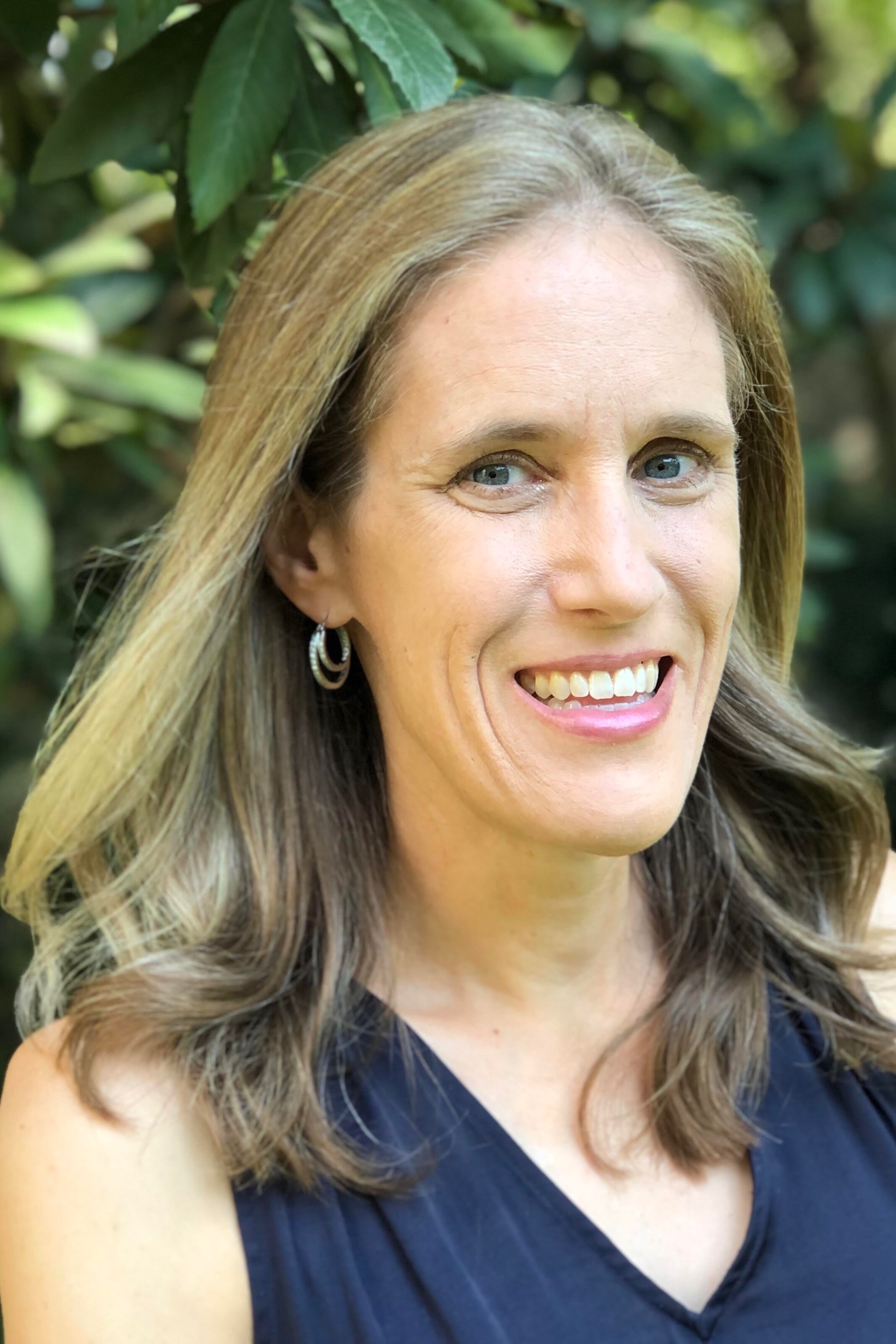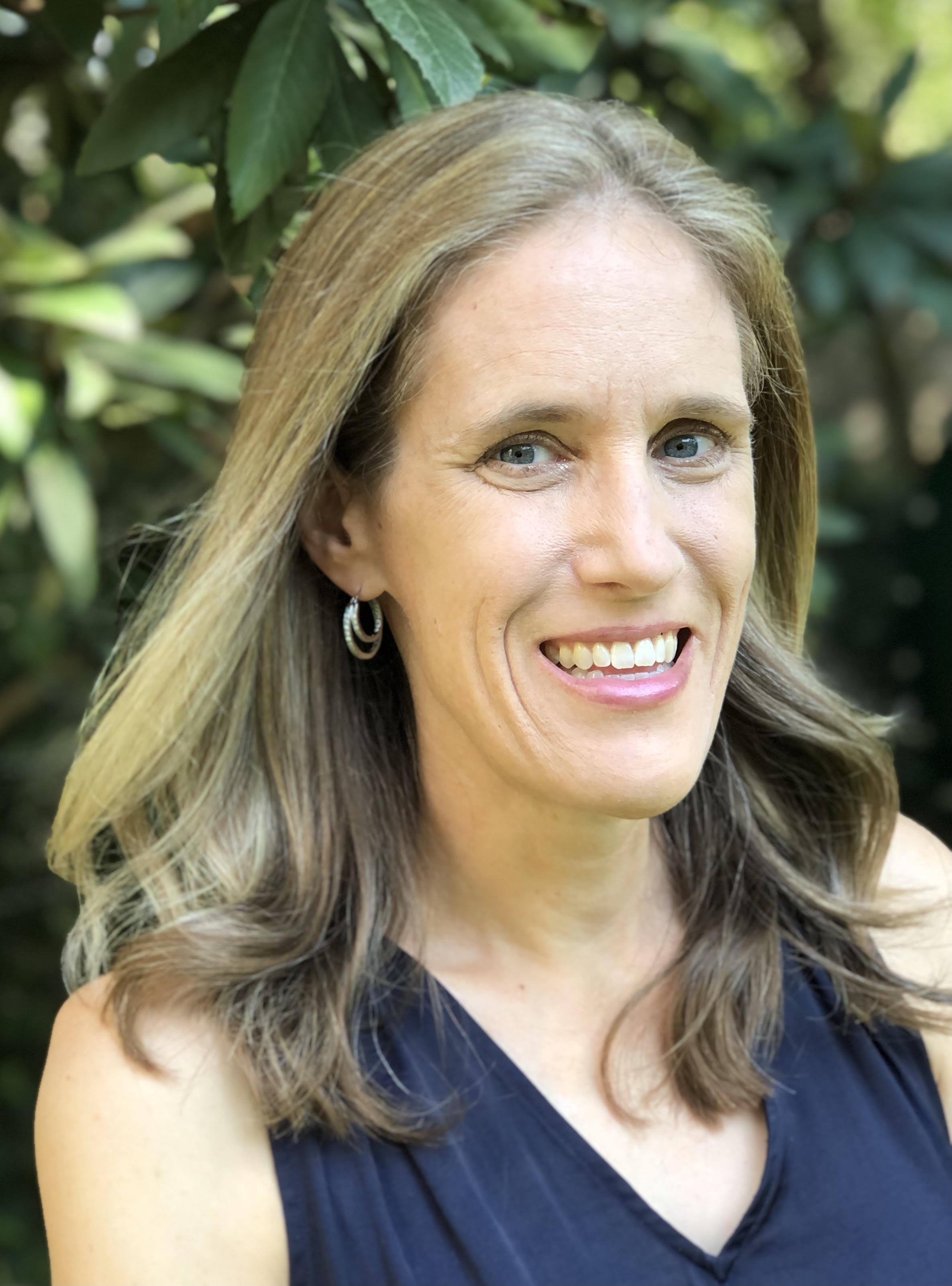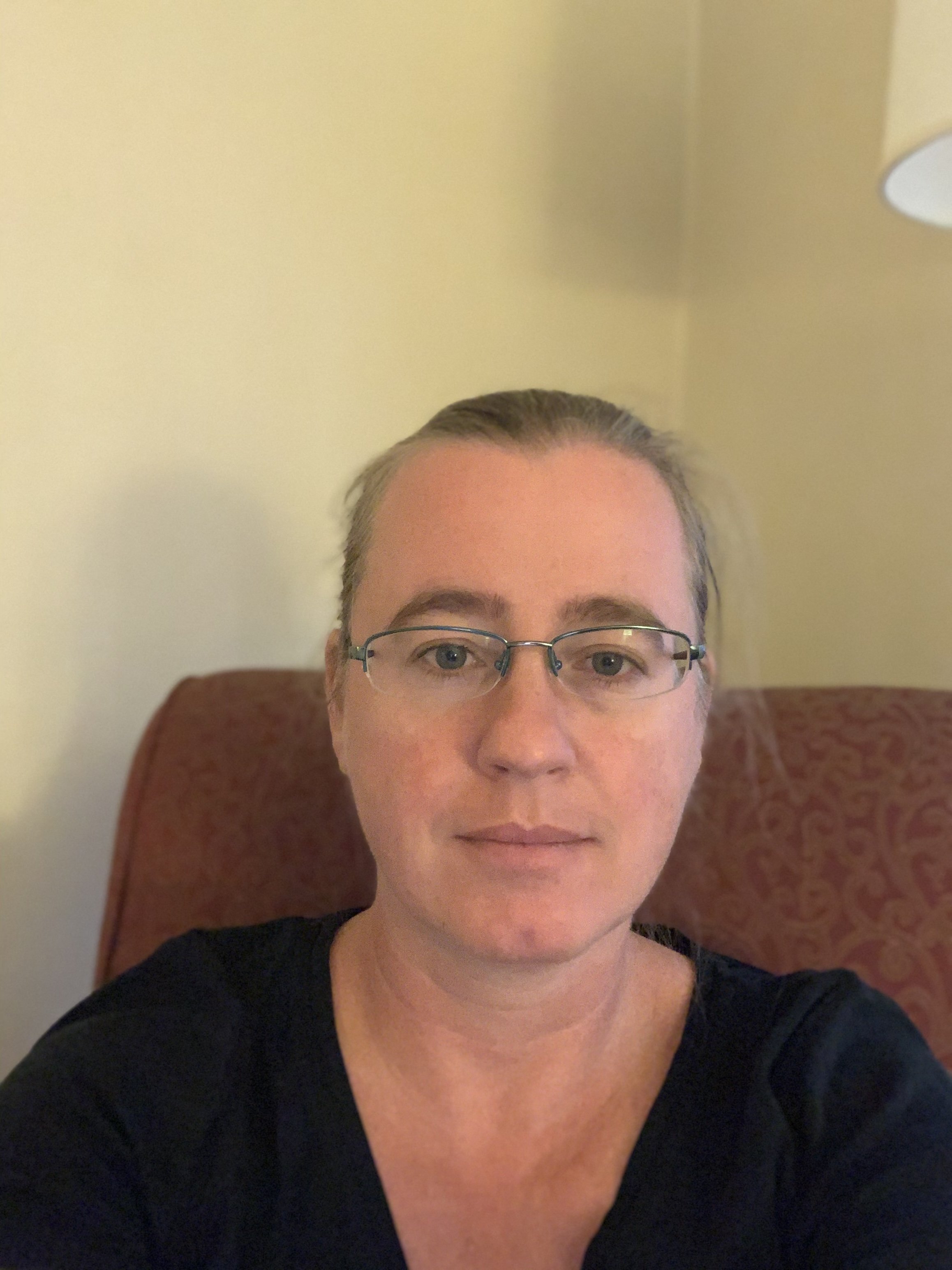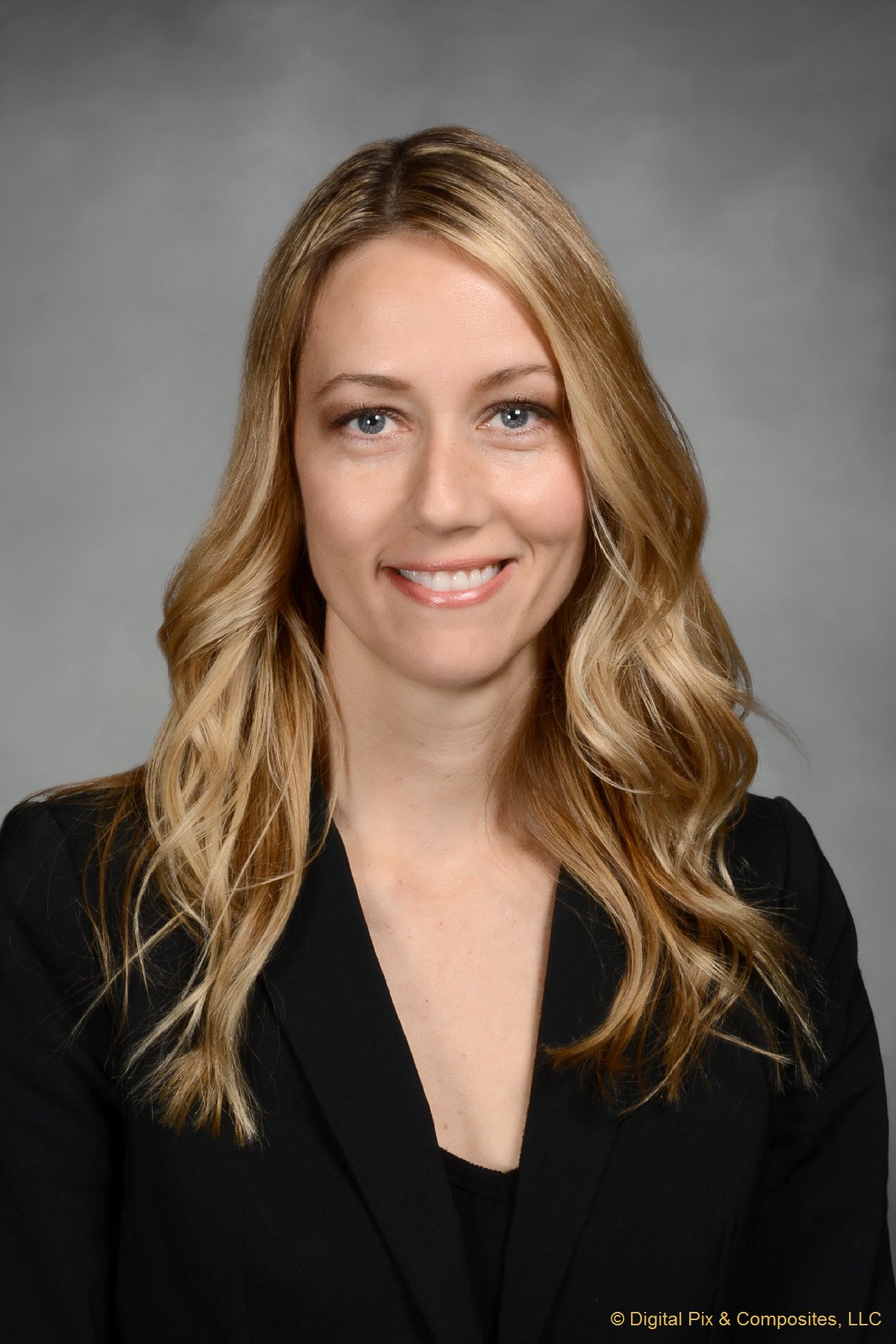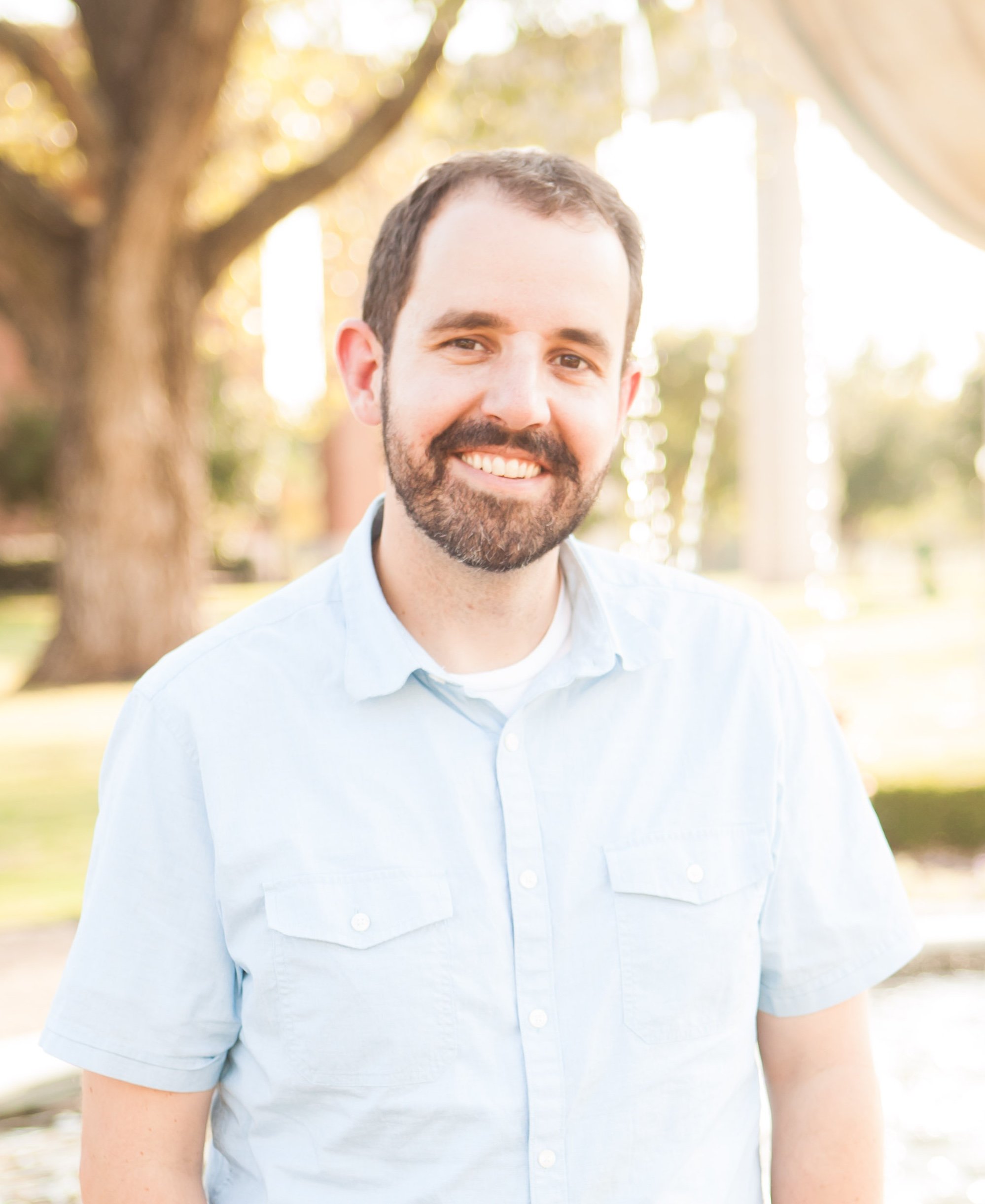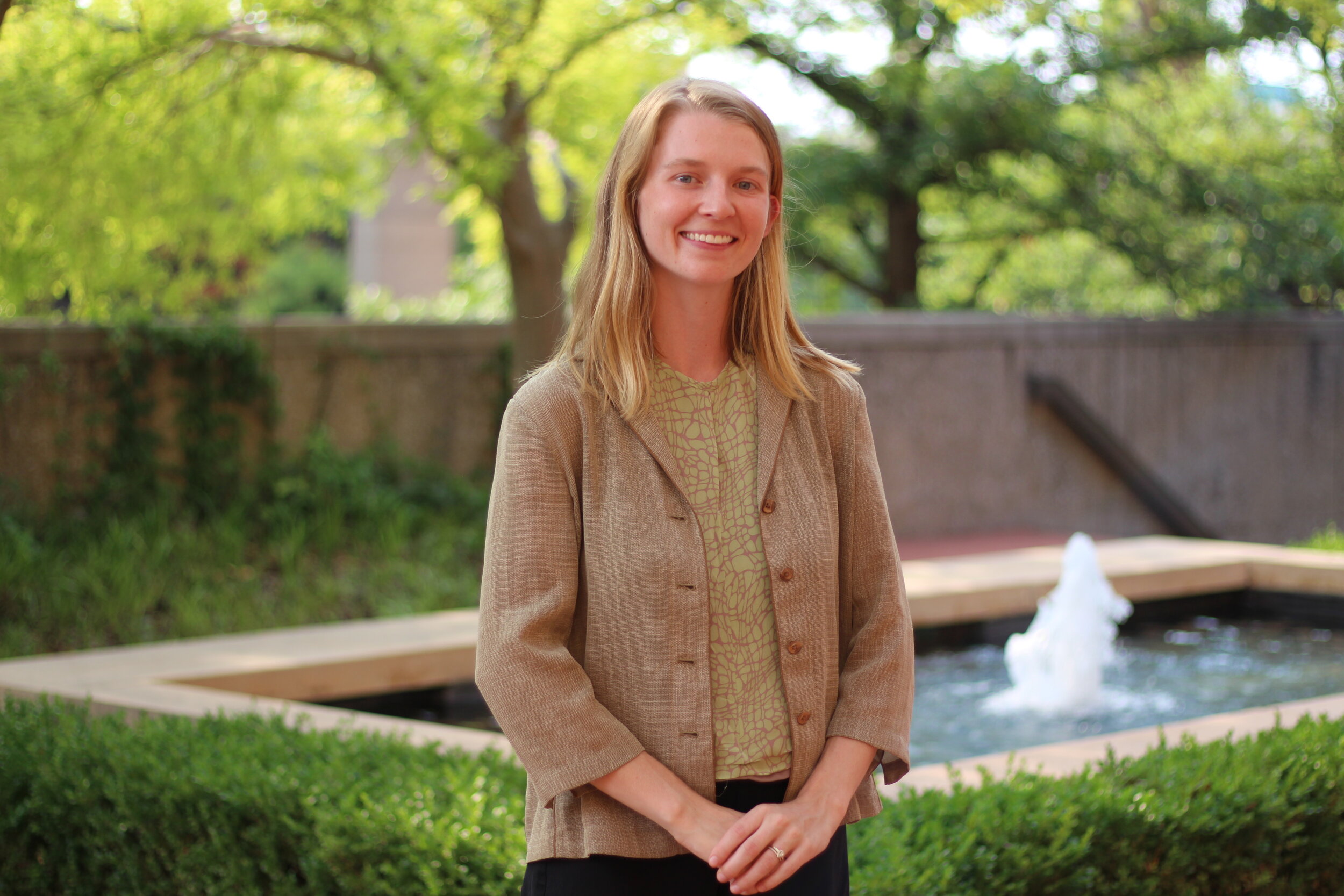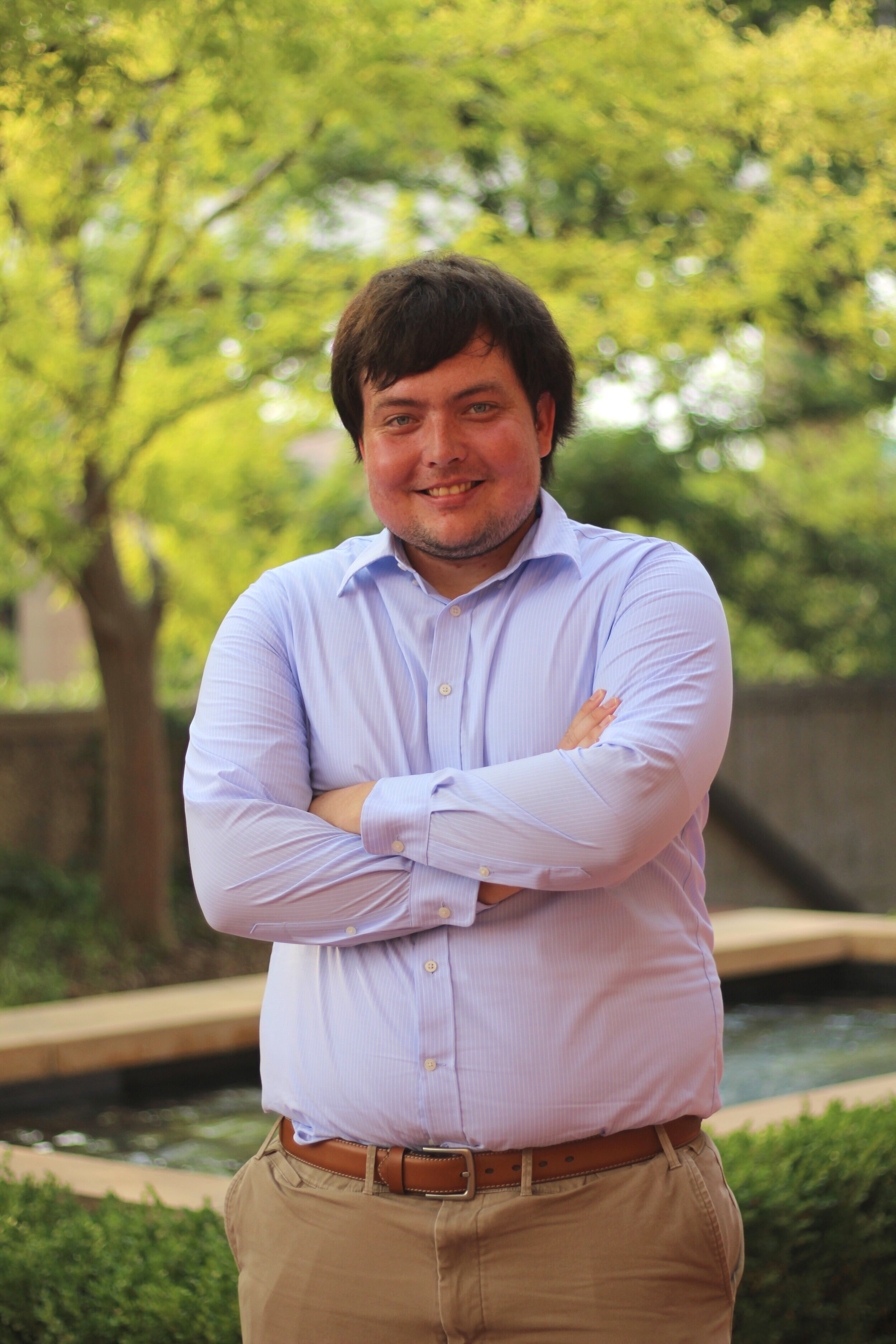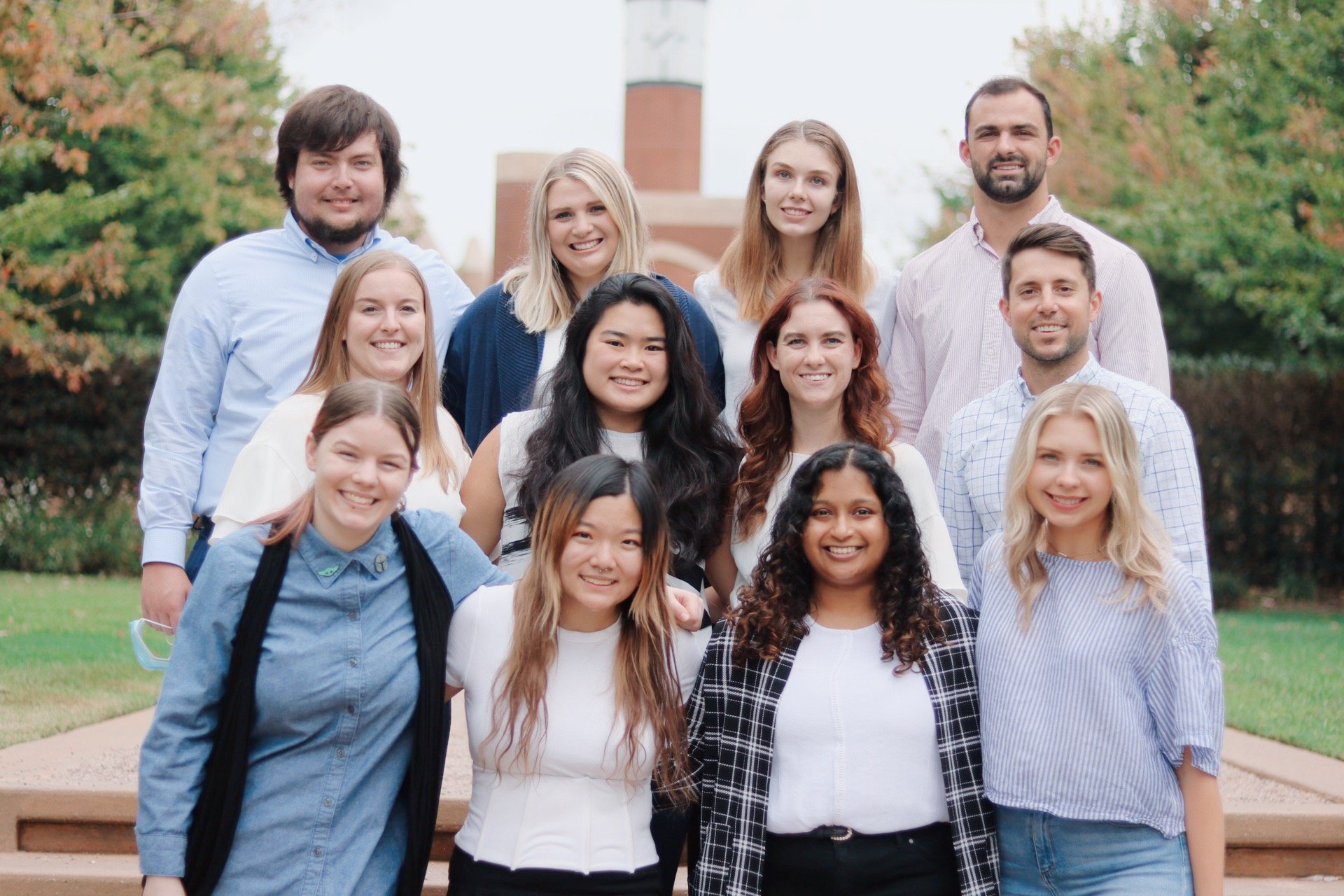Registration closes Thursday,
February 10th at 11:59 pm.
Bridges to Access
Friday, February 11th & Saturday, February 12th, 2022
Our two-day conference showcases leaders in medicine, public health, & the surrounding community. Attendees have the opportunity to learn from presenters & fellow students alike during our Conference Kick-Off, tailored breakout sessions, & Keynote Presentations, all delivered via Zoom. See below for schedule, speaker bios, and breakout session topics.
The greatest threat to global public health is the continued failure of world leaders to keep the global temperature rise below 1.5° C and to restore nature. Urgent, society-wide changes must be made and will lead to a fairer and healthier world.
— Editorial: Call for Emergency Action to Limit Global Temperature Increases, Restore Biodiversity, and Protect Health.
The New England Journal of Medicine
⇩ Scroll for more info ⇩
Photo by Baffour Kyerematen | https://baffourkyerematen.com


